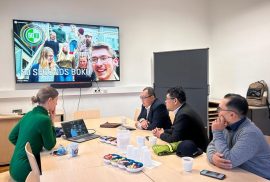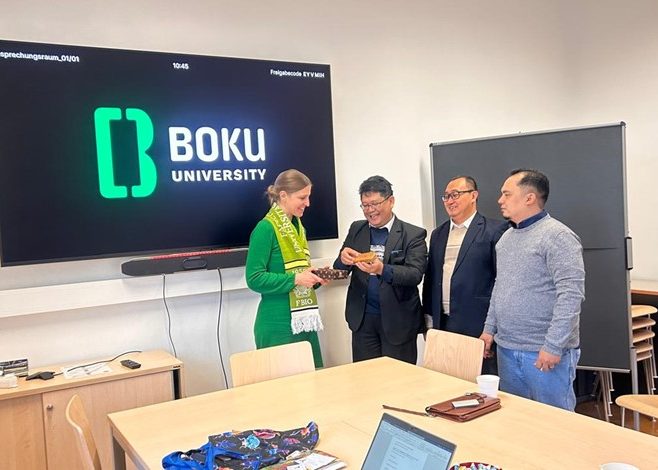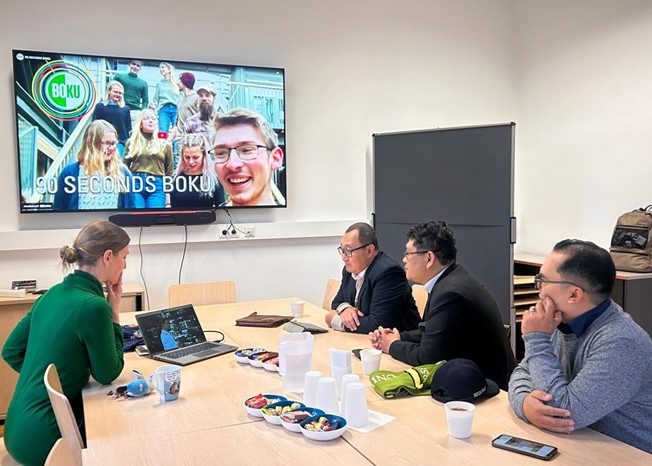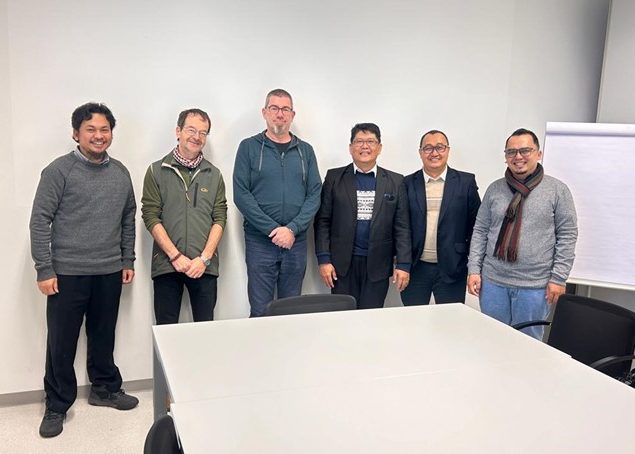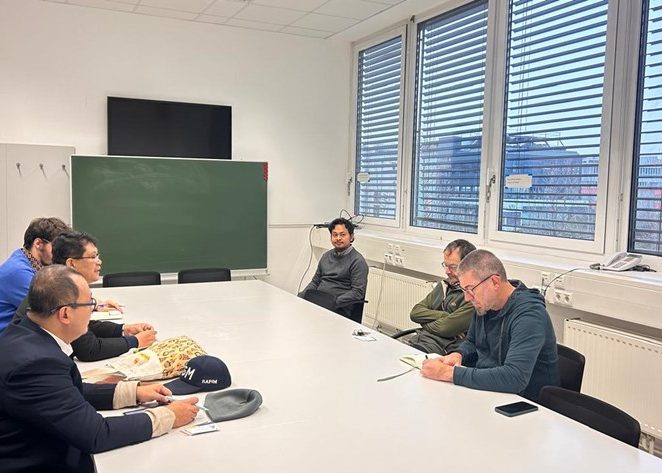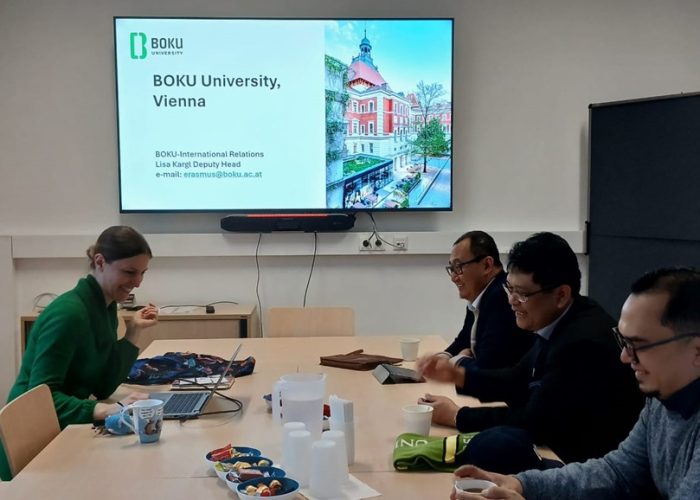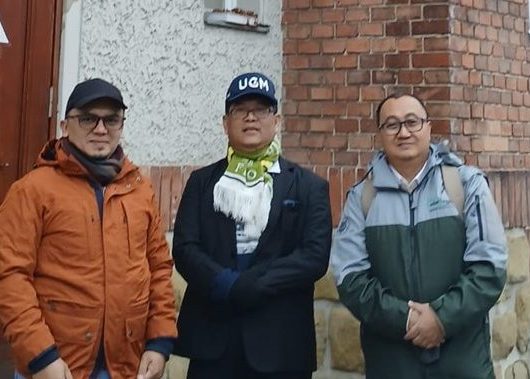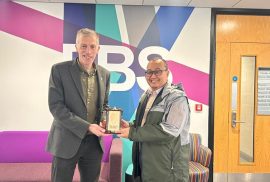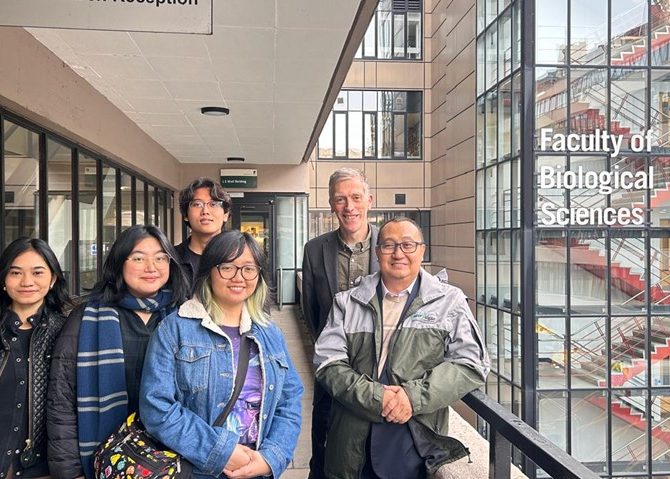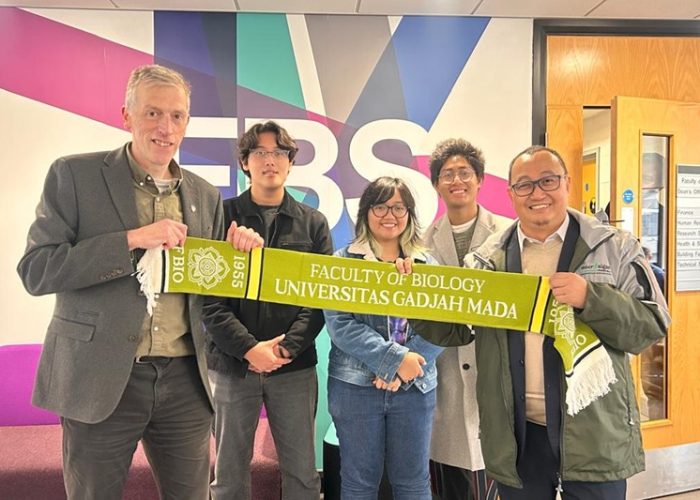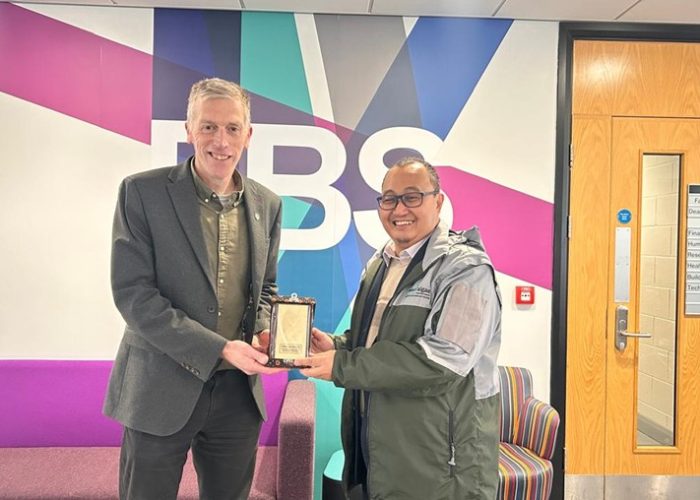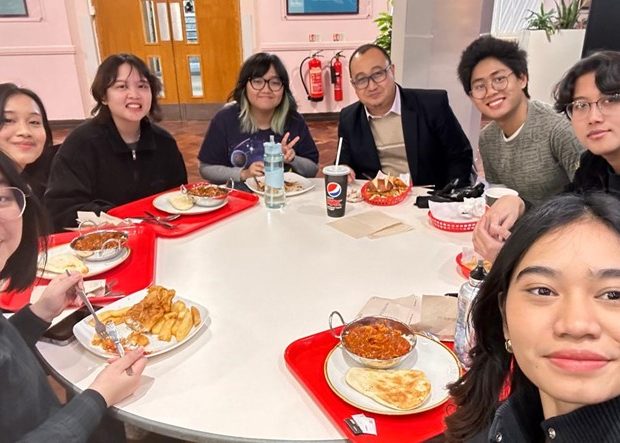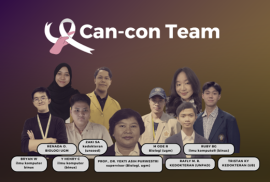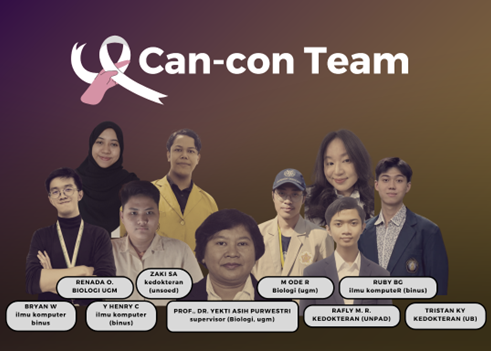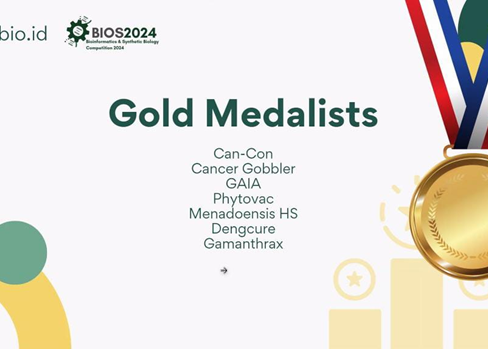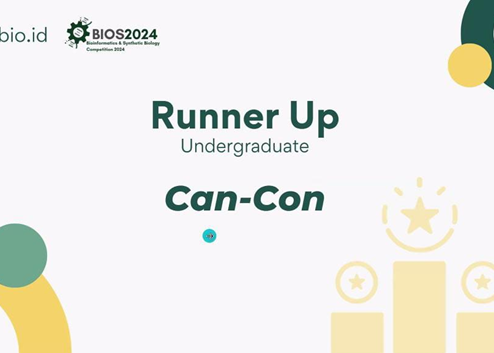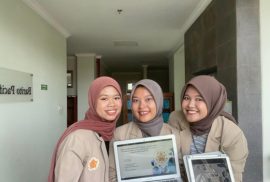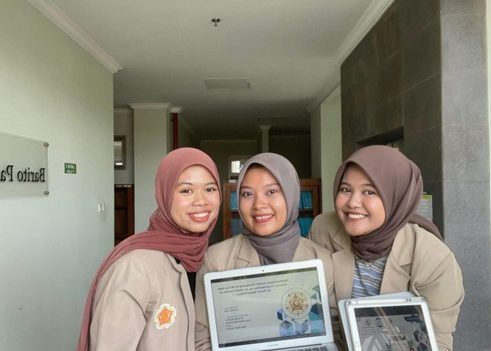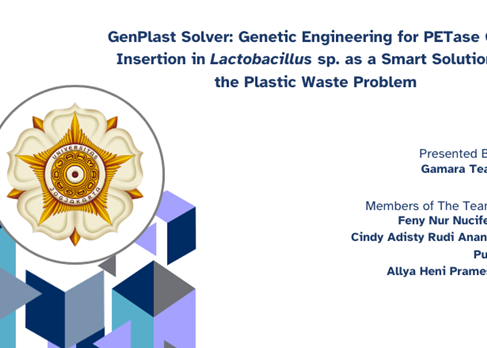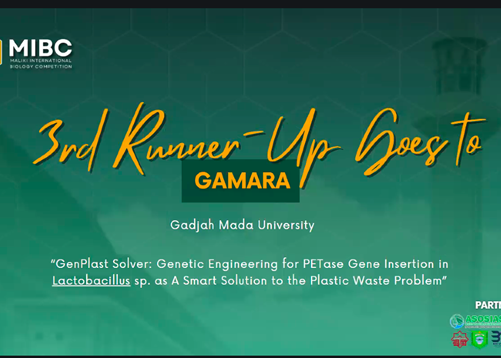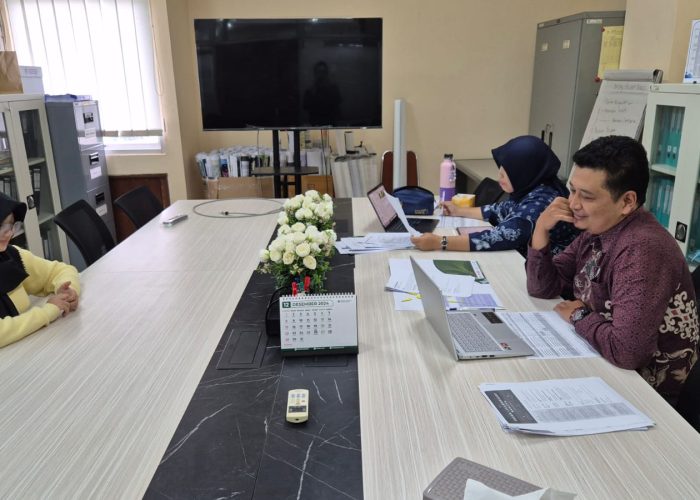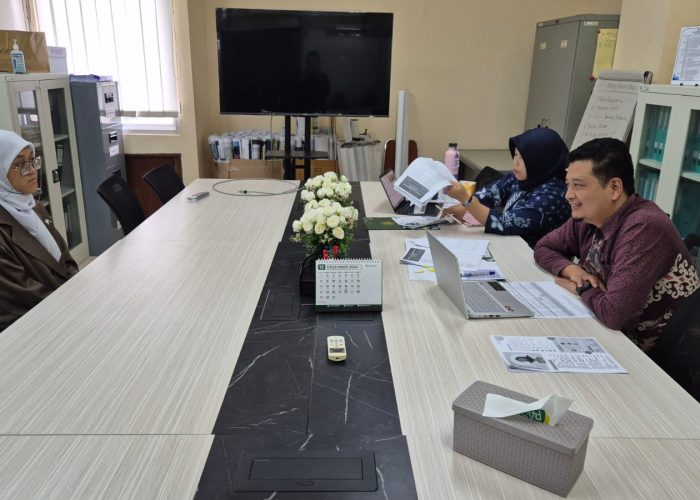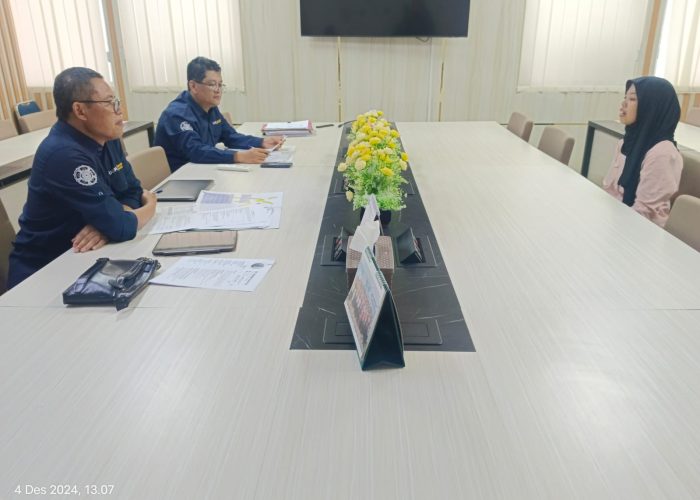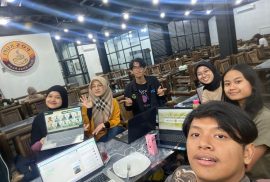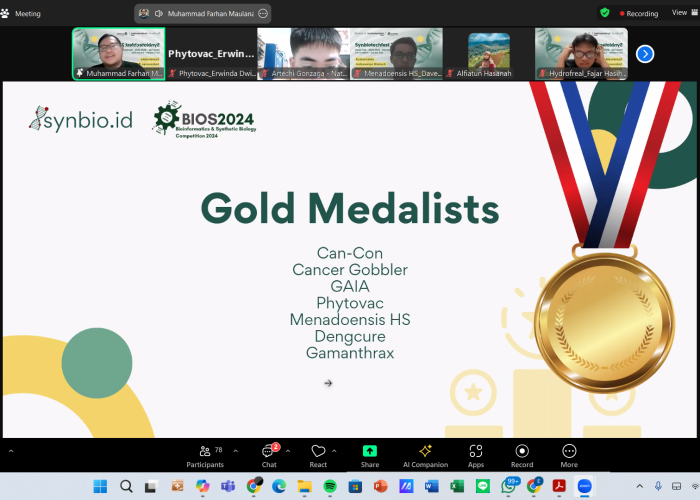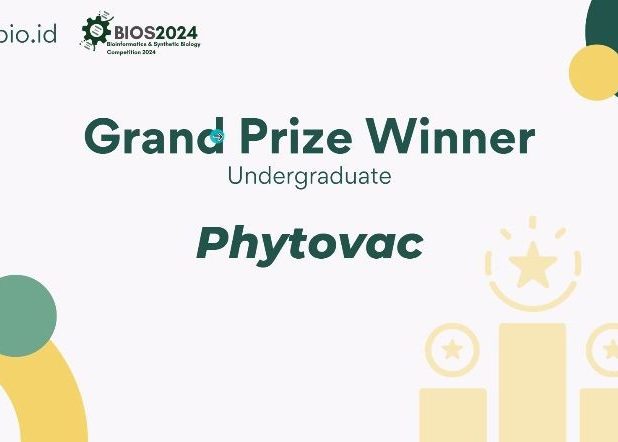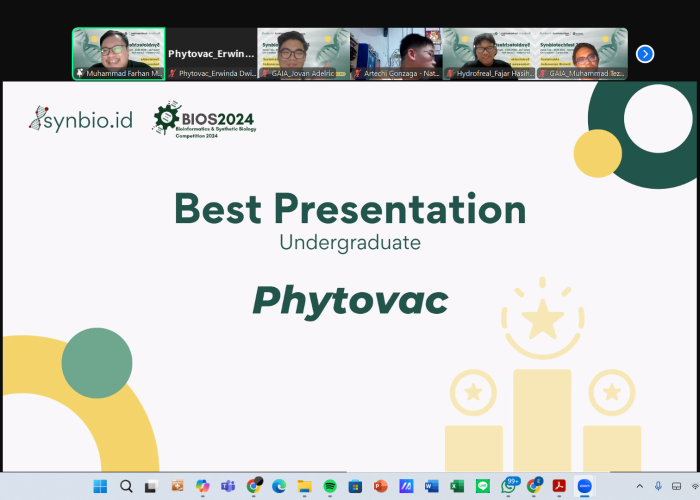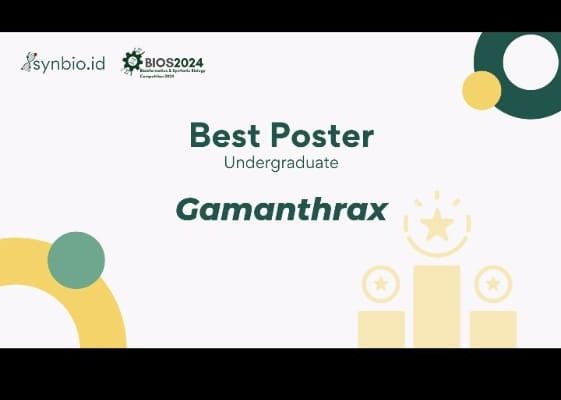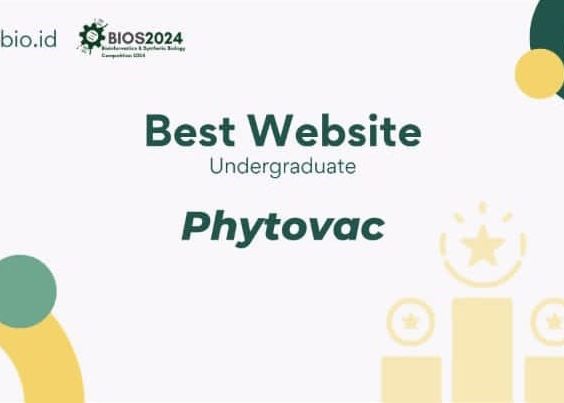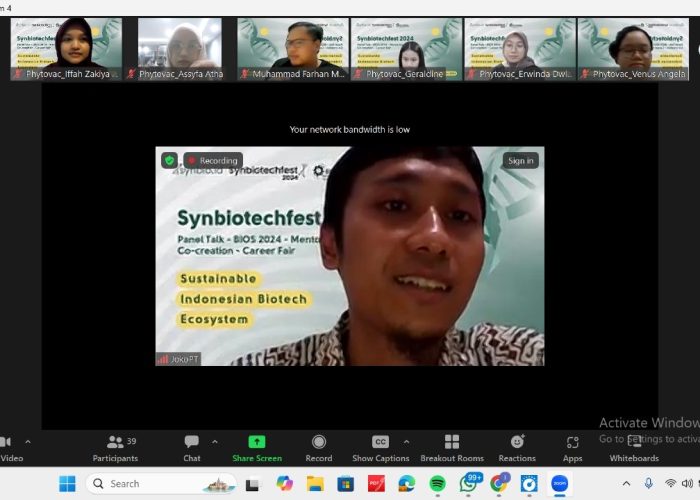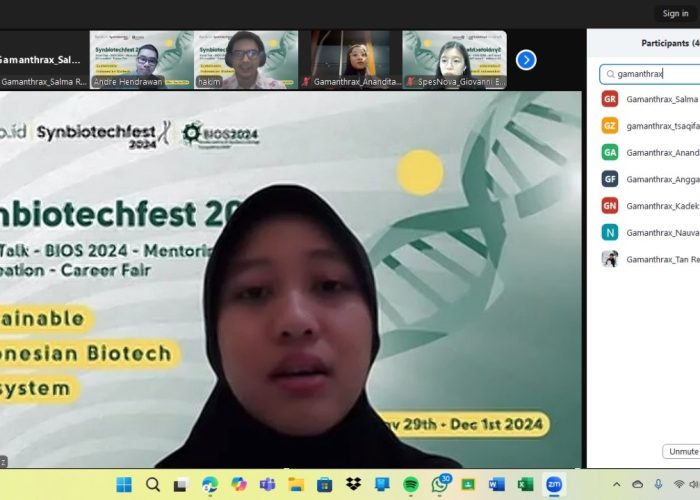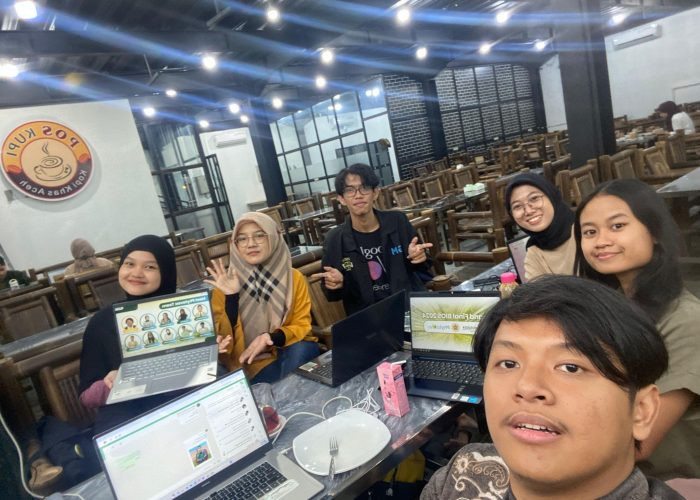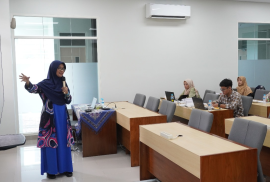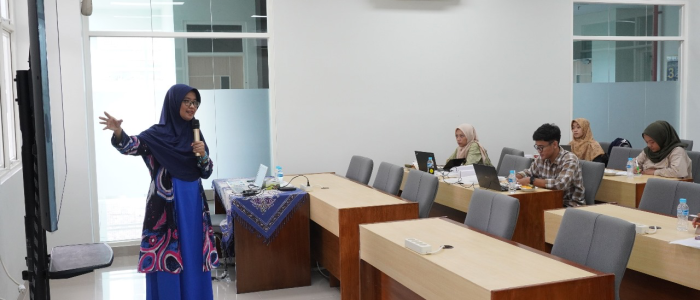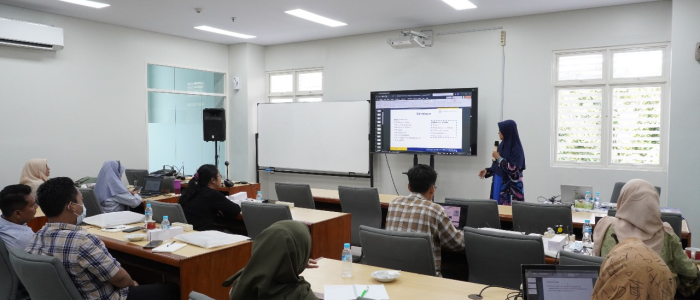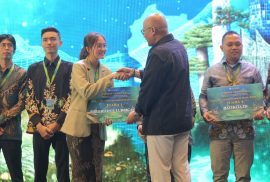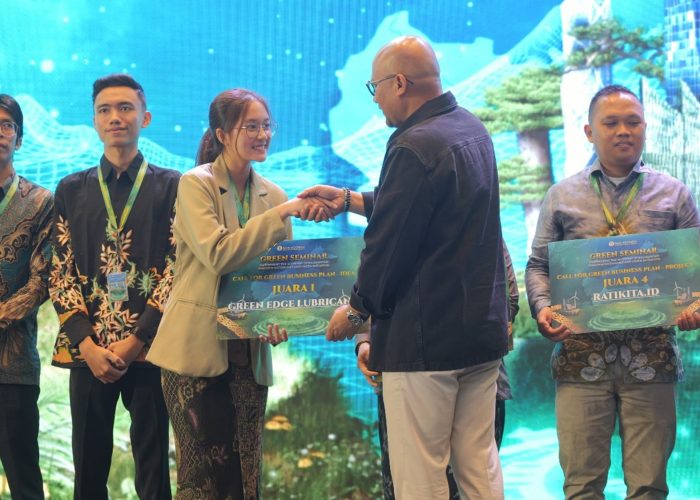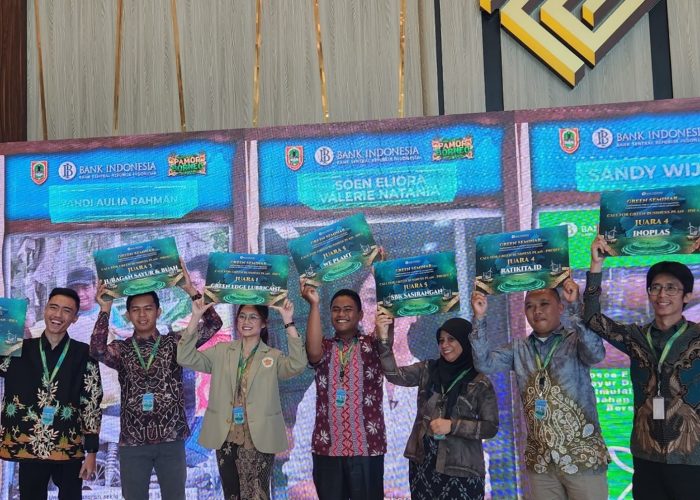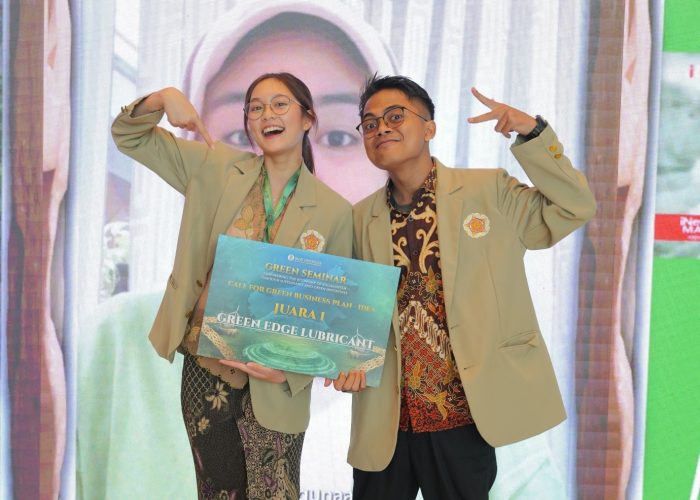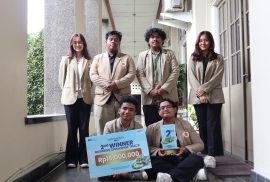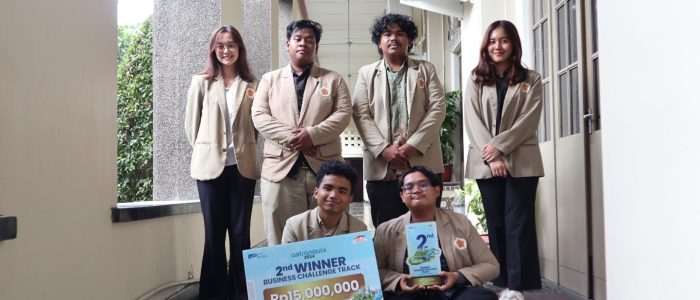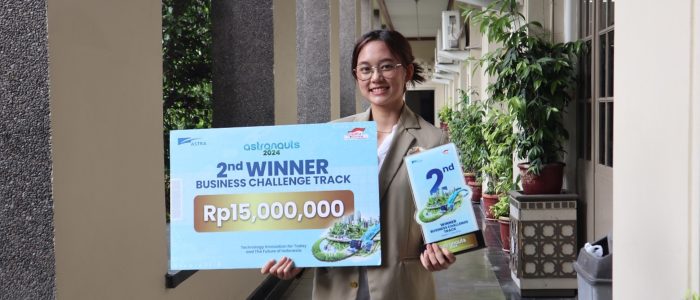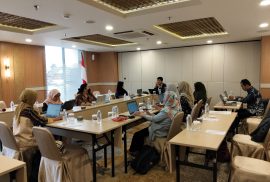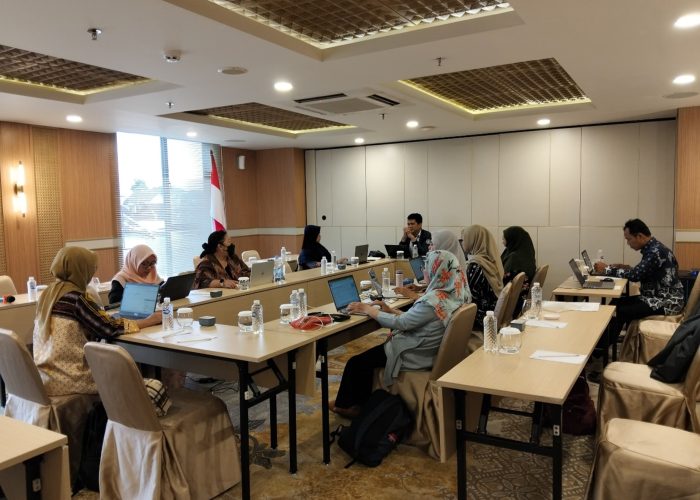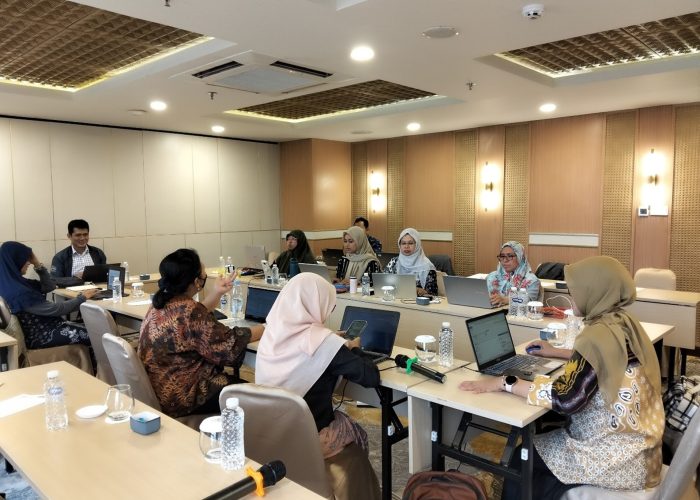SDG 4 : Provide Quality Education
Author: M. Ode Rahmadhani
Yogyakarta, December 6, 2024 – Faculty of Biology Universitas Gadjah Mada (UGM) has held a selection for the Sakura Science Program 2025 which was held on Wednesday, December 4, 2024. A total of 33 participants took part in the interview session to compete for the opportunity to join the program which will be held at Yamagata University, Japan, on February 15-23, 2025.
The interview selection was conducted by a panel consisting of the Dean of the Faculty of Biology UGM, Prof. Budi Setiadi Daryono, M.Agr.Sc.; Vice Dean for Finance, Administration and Human Resources, Dr. Slamet Widianto, M.Sc.; Head of the Undergraduate Study Program, Sukirno, M.Sc., Ph.D.; and Assistant Head of the Study Program Ganies Riza Aristya, M.Sc., Ph.D.
The interview participants were selected strictly, not only based on academic achievement, but also other abilities, such as art and other relevant skills. The selection aims to find candidates who have extraordinary potential in the fields of science and technology, as well as the ability to adapt to an international environment.
Ultimately, 16 selected participants will have the opportunity to participate in the Sakura Science Program 2025 at Yamagata University, with the option to receive a scholarship from the university or participate in a self-funded program. (Aulia)
The program aims to strengthen academic relations between Japan and Indonesia and provide first-hand experience in scientific research in Japan for selected participants.(Aulia)
UGM iGEM Team Integrates Molecular Farming with Vaccine Production, Secures Five Awards at BIOS 2024
The BIOS 2024 competition featured a rigorous selection process, beginning with abstract submissions, proposal videos, website showcases, posters, and presentation videos from August 24 to November 10, 2024. Both UGM teams advanced to the final round on November 29, 2024, where they engaged in interactive judging sessions.
Written by: iGEM UGM Team
With this victory, Green Edge Lubricants opens the door to further product development and potential collaborations with industry partners. Their lubricant is expected to drive a significant impact on Indonesia’s metal industry while contributing to a greener and more sustainable future.
Author: Soen Eliora Valerie Natania
Representing the team, Daniel Imanuel Manafe explained that rapidly changing mining topographies often pose significant challenges to maintaining safety standards and productivity. “Traditional methods like terrestrial surveys are precise but inefficient for highly dynamic areas. Our system leverages UAV drones and 3D LiDAR to overcome these limitations,” he stated.
The technology enables real-time data acquisition using a private broadband-based control and transmission system. The vast data collected is processed and delivered to a specially designed Ground Control Station. This solution significantly reduces data collection and analysis time, providing operational advantages for the mining industry.
For team member Eliora, a Biology student, participating in the competition was challenging and enlightening. “This competition was an invaluable experience. I hope more students expand beyond their comfort zones and expertise. That’s where the greatest opportunities can emerge,” she shared.
Author: Soen Eliora Valerie Natania

